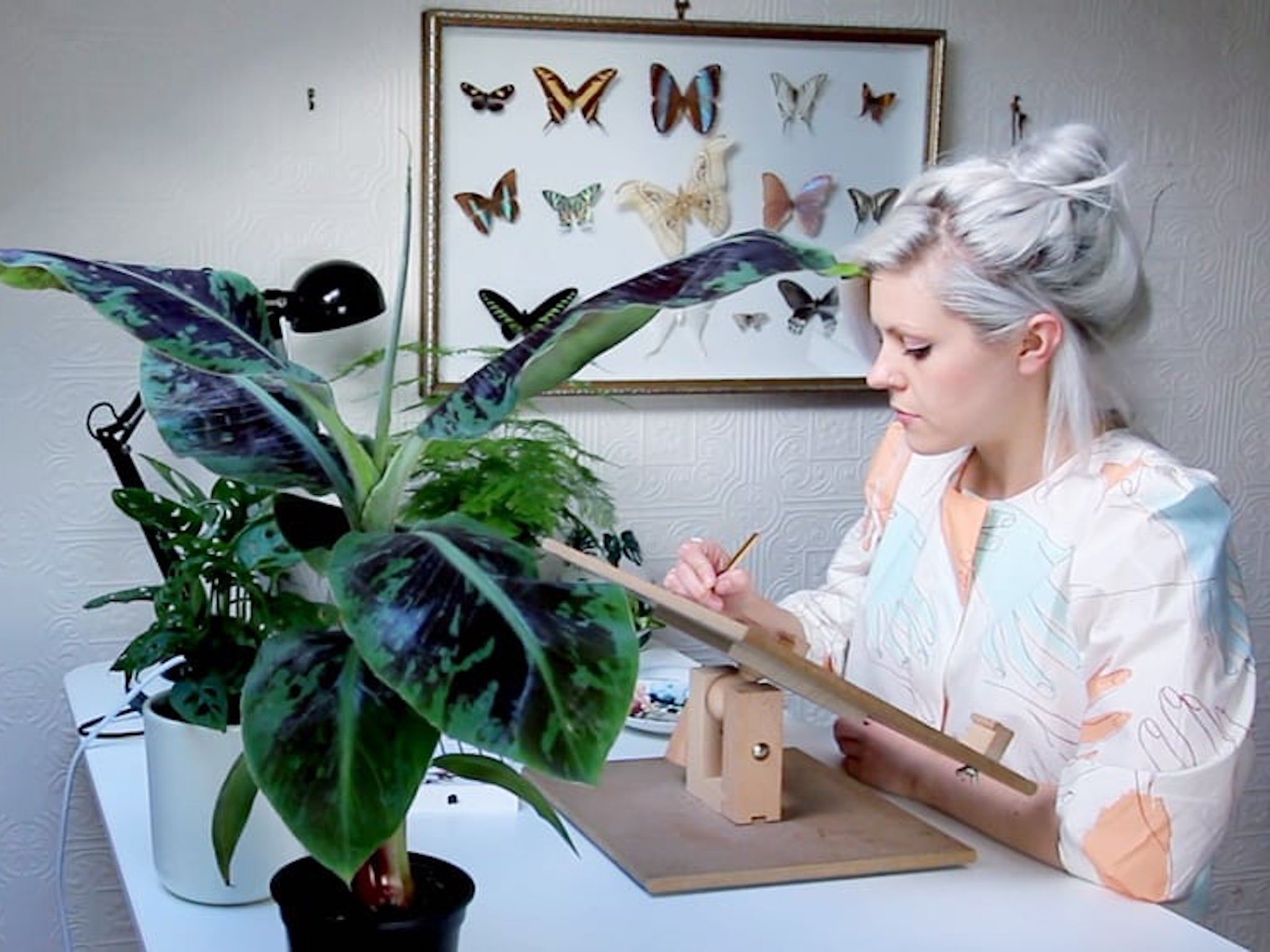'A broken system that we did not break': Freelancers sick of working for free demand protection from UK law
The problem of free work is getting worse as the UK’s freelance army grows

Your support helps us to tell the story
From reproductive rights to climate change to Big Tech, The Independent is on the ground when the story is developing. Whether it's investigating the financials of Elon Musk's pro-Trump PAC or producing our latest documentary, 'The A Word', which shines a light on the American women fighting for reproductive rights, we know how important it is to parse out the facts from the messaging.
At such a critical moment in US history, we need reporters on the ground. Your donation allows us to keep sending journalists to speak to both sides of the story.
The Independent is trusted by Americans across the entire political spectrum. And unlike many other quality news outlets, we choose not to lock Americans out of our reporting and analysis with paywalls. We believe quality journalism should be available to everyone, paid for by those who can afford it.
Your support makes all the difference.Holly Exley still remembers her most outrageous offer of free work.
Exley is a watercolour illustrator with a decade of experience making artwork for top-end clients, from monthly commissions of animals for BBC Wildlife Magazine, to mouthwatering illustrations for the Esquire Food and Drink Awards. But not that long ago a luxury luggage company approached her to work “in collaboration” on illustrations for their products – in return for a free suitcase.
“It devalues the industry,” Exley says. “Illustration is used everywhere: from advertising to animation, packaging to publishing. It has value, and illustrators spend years honing their craft and promoting their talents, only to be asked to give it all away for free.”
Exley is one of hundreds of freelancers who have signed a #nofreework petition started by The Freelancer Club, a support network for freelancers in the creative industries, pledging not to accept unpaid work. The campaign, which started in 2016, is stepping up a notch in 2019 and calling for legislation to give freelancers more rights.
The problem of free work is getting worse as the UK’s freelance army grows. The number of self-employed people in the UK has increased from 3.3 million in 2001 to 4.8 million in 2017, according to the ONS, contributing the most to employment growth since the financial crisis. Yet self-employed workers earn on average £240 a week, compared to £400 by those in full-time work.

Many young people entering creative industries like photography, graphic design or illustration take free work in return for exposure, hoping it leads to paid work further down the line. But the practice is not uncommon among experienced freelancers. In 2017, the Association for Independent Professionals estimated that free work costs freelancers with an average of seven years’ experience £5,394 a year. The law currently offers no protection and many creatives keep quiet for fear of a backlash from potential clients.
“So many freelancers are scared to say anything, they are scared to name any company for fear of the backlash,” says Matt Dowling, founder of The Freelancer Club and a former freelance photographer. Since starting the campaign, he has been shocked by the stories of unpaid work and its consequences. One make-up artist couldn’t feed her children after her successful business turned into “an epidemic of unpaid work” because so many other artists were willing to work for free.
“I can’t imagine people approaching a plumber or a lawyer and asking them to work for free,” Dowling says. “But anything like photography or design, anything that’s deemed to be a privilege, it doesn't get valued. Freelancers are accepting that work, and as soon as companies see that, they decide to save money.”
Dowling started The Freelancer Club in 2016 after a company refused to pay him for photography work worth £11,000. It now has 30,000 members on a tiered payment scheme. Membership gives freelancers access to guides, discounts, access to paid work and legal advice. “Freelancers are told from an early stage that it’s a rite of passage to work for free,” he says. “It’s absolutely nonsense. Being an ethical company actually helps the bottom line. Millennials prefer to work for ethical companies, for instance.”
Khandiz Joni is the founder of Novel Creatives, a booking platform for sustainable and ethical fashion and lifestyle brands to find photographers, hair and make-up artists and other creatives aligned with their ethos. Joni says it has pledged not to promote free work through the #nofreework campaign.
“We support this because we are freelancers and understand the very real and direct impact it has on our own livelihoods,” Joni says. “Also, working with brands that are in the area of ethics and sustainability, we feel that it is important that all parties need to be paid fairly for their work and expertise, if these brands can make claims of their fair wage principles.”
Working for ethical brands and charities is just one of the grey areas Dowling and The Freelancer Club have identified. Others include work experience, collaborative projects like test shoots, where no one stands to gain, and speculative work, which can be requested by agencies for clients in anticipation of paid work.
But Dowling says companies should never ask a freelancer to do professional work for free if they intend to gain from it commercially. He is calling for the UK Government to introduce legislation similar the Freelance Isn’t Free Act in New York, which establishes and enhances protection for freelance workers, specifically the right to a written contract, timely and full payment and protection from retaliation.
Anna Codrea-Rado, a freelance journalist and author of The Professional Freelancer newsletter, says the onus needs to be taken off the freelancer to go against a system that is already rigged.
“The conversation needs to shift away from asking freelancers not to work for free, to demanding that companies not exploit the self-employed workforce,” she says.
Codrea-Rado says it is not uncommon for well-established journalists to say that young journalists should never work for free. “That is a privileged statement to make that puts the onus on those at the very beginnings of their career to fight against a broken system that they did not break,” she says. “We shouldn't be telling young journalists not to write for free, it simply shouldn't be legal for a publication to commission a piece of writing without paying for it.“
Exley frequently discusses issues around work and pay on her YouTube channel, which has 32,000 followers. She agrees that legislation is necessary to raise the profile of the issue and to provide security for freelancers as it becomes more popular for young creatives to go it alone.
“I often feel vulnerable as a freelancer,” she says. “We don't have many of the benefits of traditional employment. We need a better support system to rely on and laws we can enforce.”
Join our commenting forum
Join thought-provoking conversations, follow other Independent readers and see their replies
Comments